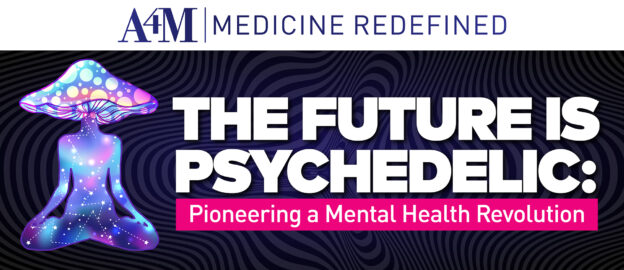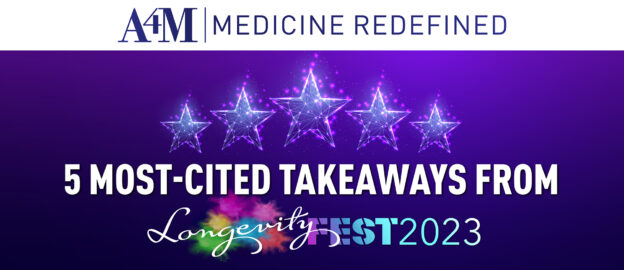The global mental health crisis continues escalating at an alarming pace. Depression and anxiety alone currently cost the world economy $1 trillion annually. Experts project this economic burden could swell to a staggering $6-16 trillion by 2030 as rates of mental illness proliferate across the globe.
In the United States, mental health conditions already rank among the most prevalent, affecting over 57 million adults and approximately 26 million youth at some point in their lives. The state of mental health both in the US and worldwide persists on a downward trajectory, with 90% of US adults affirming the nation faces a mental health emergency. The personal, social, and economic repercussions across all sectors will quickly become catastrophic if current trends persist.
Despite the pressing need, presently available mainstream treatments often have poor long-term outcomes and fail to deliver sufficient relief — especially for millions suffering from severe, chronic conditions like treatment-resistant depression, complex PTSD, and addiction.
However, an emerging renaissance in psychedelic-assisted therapy research shows immense promise for transforming outcomes where conventional protocols fall short.



